‘Martha’ Stokes a Debate: What’s a Documentary, Anyway?
By Brooks Barnes
October 31, 2024
Real documentarians shine a light on the overlooked and the underprivileged. Real documentarians nudge the world forward. Real documentarians don’t get rich.
At least that is what purists will tell you.
Does that mean that R.J. Cutler isn’t a real documentarian?
As a vérité filmmaker for the past 31 years, Mr. Cutler has tackled a wide variety of subjects, from politics (“The World According to Dick Cheney”) to Vogue magazine (“The September Issue”) to e-cigarettes (“Big Vape: The Rise and Fall of Juul”). He has been nominated for an Oscar. He has won three Emmys, including one for “American High,” a docuseries that tracked 14 high school students over a year.
But lately Mr. Cutler has been mostly working in the booming subcategory of celebrity docs, landing him at the center of a debate that has been roiling the nonfiction film world. Namely, should celebrity documentaries — Mr. Cutler has examined Billie Eilish, Martha Stewart, Elton John, Anna Wintour, Marlon Brando and John Belushi — even be called documentaries? Aren’t these films, which are frequently sought out by celebrities (and celebrity estates), closer to glamour shots?
“How honest can you really be?” said Sheila Nevins, the former president of HBO Documentary Films. “These famous people are all very involved in the making of their films. So is the result a biography or an autobiography? Is it a sellout or just a different form?”
Mr. Cutler, 63, said celebrity falls into the latter category — just a different form, one of many (agitprop, advocacy, expository) that make up the broader genre. He maintains that celebrity films can be every bit as serious, noting that subjects, at least in his movies, don’t call the shots.
“The lens, figuratively and literally, is mine,” he said.
Simultaneously affable and unyielding, Mr. Cutler is hardly the only esteemed filmmaker to add celebrity to his oeuvre. (Liz Garbus is another.) But he has been more successful than most, selling movies to streaming services for unheard-of prices.
Apple TV+ paid an estimated $27 million for his “Billie Eilish: The World’s a Little Blurry” in 2019. (Produced with Ms. Eilish’s label, Interscope Records, the film cost about $5 million to make.) Disney spent $32 million for “Elton John: Never Too Late,” which Mr. Cutler co-directed with Sir Elton’s husband, David Furnish. (It cost an estimated $7 million.) Profit is shared by various producers and production companies.
Weighty, issue-oriented documentaries, which have a much harder time attracting viewers, are lucky to sell for a few million dollars. Many don’t sell at all.
“We’re not trying to chase a marketplace,” Mr. Cutler said, referring to his documentary production company, This Machine Filmworks, which he co-owns with Sony Pictures Entertainment. “We believe that documentary can work as popular entertainment and say something about the world at the same time. We’re artists who want to impact people’s lives.”
As for the ethical debate — how honest can you be with celebrity subjects, should a spouse be co-directing — Mr. Cutler said he understood why those questions got asked. But he also seemed puzzled as to why he would need to explain himself.
“I’m a contractual final-cut filmmaker,” he said flatly.
Ms. Stewart certainly discovered as much. When she agreed to be one of his subjects, she was expecting a collaboration. Instead, she said, Mr. Cutler mostly vetoed her requests for changes to “Martha,” which arrived on Netflix on Wednesday.
“We had pages and pages of notes for him, and maybe 4 percent of those suggested changes were actually made,” Ms. Stewart said by phone. “I have collaborated on thousands of products and magazines and TV shows — fabulous designers and writers and photographers. And this is the first showdown I have ever had on a creative project.”
Ms. Stewart met with several potential filmmakers after deciding to pursue a documentary. One exploratory discussion with Mr. Cutler took place in her Manhattan office. “I made chicken salad,” Ms. Stewart recalled. “He was working on Billie Eilish, which I thought was cool.”
The more Mr. Cutler learned about Ms. Stewart’s life, the more interested he became. “It’s an incredible story — the first self-made female billionaire in American history, for crying out loud — and yet she is a very complex character filled with conflicts and contradictions,” he said.
They signed a contract in May 2022. According to Ms. Stewart, it included a “collaboration clause.”
“While he has final control of the picture,” Ms. Stewart said, reading from the contract, “he is obligated to meaningfully consult with you with respect to the development, production, distribution and exploitation of the picture, and to keep you meaningfully and promptly informed of any and all material updates.”
Ms. Stewart said Mr. Cutler had not complied. “The lack of communication was glaring, glaring,” she said. “I don’t work like that. I don’t keep people in the dark.” She added that her deal entitles her to “share in the profits of the film” and that she is “waiting for an accounting.”
“I’m a businesswoman,” she said. “I have good lawyers.”
Mr. Cutler declined to comment on the film’s finances. (Netflix paid seven figures for “Martha,” according to a person who worked on the deal and who spoke on the condition of anonymity because the terms are private.) As for the contract, Mr. Cutler said he had shown work-in-progress cuts to Ms. Stewart “three or four times” and “engaged in thoughtful conversations with her and her team about it.”
He said there was no such thing as a collaboration clause.
“What she had in her contract, it’s the same thing as in all of our contracts,” Mr. Cutler said. “I’ll show you the film. You’ll tell me what you think. I’ll tell you how I’m responding. You’ll tell me again what you think. I’ll tell you again how I’m responding. And that will be that. The final editing decisions are mine.”
Some documentarians refuse to preview their work for participants. Mr. Cutler said he didn’t think that was fair.
“You’ve got to start from a position of empathy and responsibility,” he said. “They have trusted you with their story. It may be difficult for them to see aspects of it.”
“Elton John: Never Too Late,” which arrives in theaters on Nov. 15 and on Disney+ in December, seems to have been a happier experience. The film contrasts the rock icon’s early heyday — in particular, a 1974 performance with John Lennon at Madison Square Garden — with his recent farewell tour and offstage life as a father. It includes the 1976 tape recording with Rolling Stone when he first revealed his sexuality.
The Variety critic Owen Gleiberman, reviewing “Never Too Late” after its premiere at the Toronto International Film Festival in September, called it “robustly satisfying and emotional.”
Like Ms. Stewart, Mr. Furnish also shopped for a filmmaker. He said that he had zeroed in on Mr. Cutler because of his decades of experience — that Mr. Cutler knew how to do the “very, very deep dive that we wanted to do.” As it turned out, Mr. Cutler already had Mr. John on his wish list of subjects; as a boy in New York, Mr. Cutler attended that 1974 concert at the Garden and never forgot it.
“I’m really happy with how the film came out,” Mr. Furnish said, pointing in particular to scenes that involve their sons, Zachary and Elijah. “In a very natural, nonconfrontational way, we’re sending a very positive, life-affirming message about domestic happiness, whoever you are.”
This Machine Filmworks was named in reference to the statement that Woody Guthrie famously scrawled on his guitar in 1941: “This machine kills fascists.” The company employs about 20 people and has 15 films and docuseries in production. One is headed to Apple TV+ and focuses on the current World Series. Another examines Lee Soo-man, known as the king of K-pop, for Amazon’s Prime Video.
Another 40 projects are in development.
“We’re never going to make a film about something that we don’t love just because it’s going to sell, because it’s too hard,” said Trevor Smith, executive vice president of This Machine.
Mr. Cutler’s career has taken a circuitous route. He directed live theater in his 20s, pivoted toward serious political documentary in his 30s (“The War Room,” “A Perfect Candidate”) and then spent a period exploring scripted entertainment, including executive-producing the soapy “Nashville,” which lasted six seasons.
All of that, he said, has led him to his current spot in Hollywood — practicing rigorous vérité filmmaking on topics that people might actually watch.
“I’m looking for a big tent,” he said.

